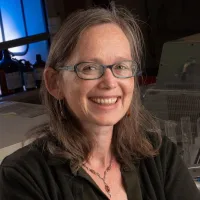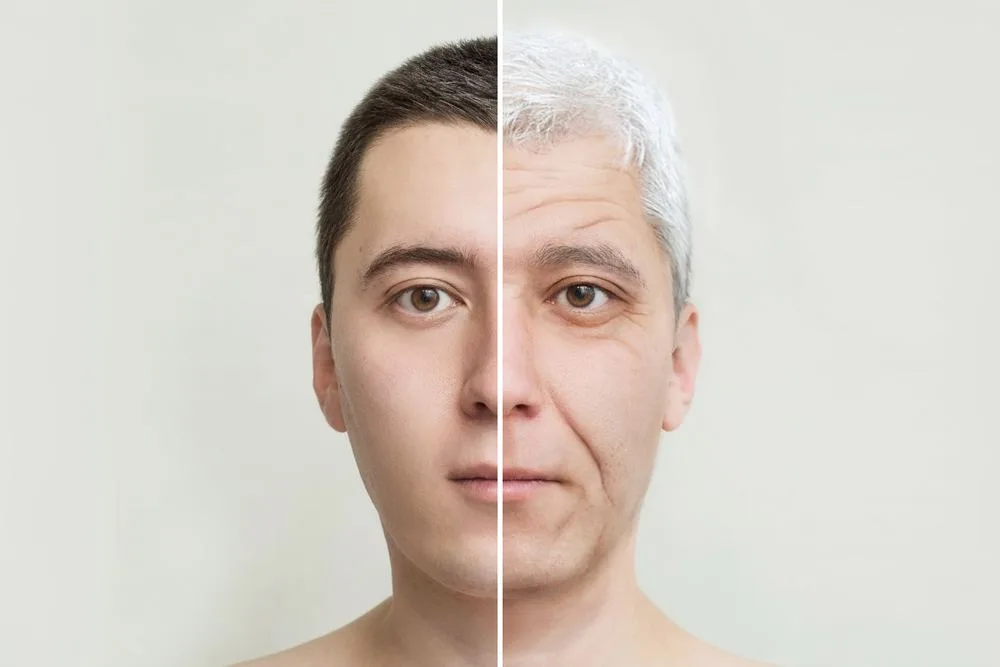The 2023 International Longevity Summit is an exciting event on the global circuit. The event will provide relevant insights on longevity, expert education, AI, investment opportunities, excellent networking opportunities in an exclusive location. Discover more about the science of longevity as well as current research on longevity and aging.
International Longevity Summit Speakers
Today we are sharing the credentials of two exciting speakers joining the ILS lineup.
Dr. Natasha Vita-More, Executive Director Humanity+ Inc, USA, and Rozalyn Anderson Ph.D., Professor of Medicine Division of Geriatrics and Gerontology School of Medicine and Public Health University of Wisconsin Madison.
About Dr. Natasha Vita-More

Dr. Natasha Vita-More
Dr. Natasha Vita-More has appeared in over 24 televised films and documentaries about humanity’s future. Topics include longevity, AI, nanomedicine, human enhancement, emerging and speculative technologies, ecological futures, and social change.
A key focus of her work is on what she has called “radical life extension.” Today, she views Longevity as more than radical. It is essential for the well-being of all people, the ecosystem, and the economy of healthcare. Natasha is considered a world leader in these areas.
Some of her key accomplishments include authoring the Transhumanist Manifesto, co-creating the Transhumanism Movement, founding the Center for Transhumanist Studies, pioneering the first whole-body prosthetic, Scientific Breakthrough – Long-term memory through vitrification, and developing the Metabrain prototype.
At the International Longevity Summit, Dr. Natasha Vita-More will be speaking on innovation for life extension.
About Dr. Rozalyn Anderson

Dr. Rozalyn Anderson
Rozalyn Anderson Ph.D. is a Professor of Medicine, Division of Geriatrics and Gerontology, School of Medicine and Public Health, University of Wisconsin Madison.
Dr. Anderson’s research focuses on understanding the interconnections between nutrition, metabolism, health, and longevity. Reduced calorie intake without malnutrition, a strategy known as caloric restriction (CR), delays aging and the onset of age-related disorders in many different species including yeast, worms, flies, and mice.
Dr. Anderson has shown that calorie restriction also has a beneficial effect on rhesus monkeys, improving survival and lowering the incidence of age-related diseases. The goal of the Anderson laboratory is to uncover the mechanisms behind CR; by identifying the key regulatory pathways recruited by CR.
The team is focused on gleaning novel insights into disease etiology and what contributes to the increased risk for disease with age. These discoveries will enable new strategies to treat and prevent age-related diseases and conditions.
At the International Longevity Summit, Rozalyn Anderson will be speaking on integrated biology for longevity science.
To find out more about the International Longevity Summit and to register, click HERE
We are sharing two speakers daily that are taking part in the International Longevity Summit. If you happen to miss The International Longevity Summit Speakers catch up with them here: Part 1, Part 2, & Part 3



![women [longevity live]](https://longevitylive.com/wp-content/uploads/2020/01/photo-of-women-walking-down-the-street-1116984-100x100.jpg)










